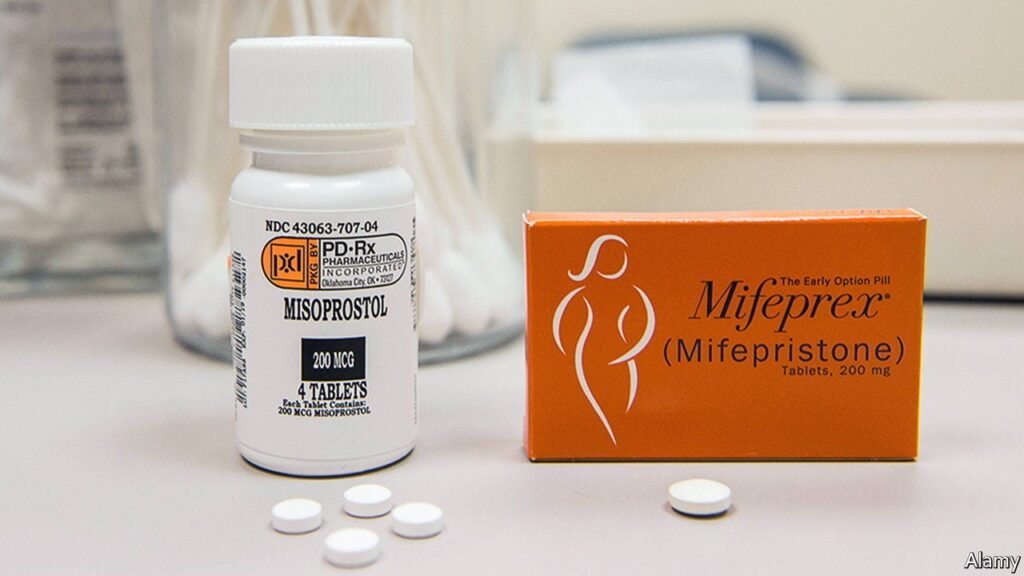The “abortion pill” is the popular name for a safe and effective way to end an early pregnancy using a combination of two medicines: mifepristone and misoprostol. Mifepristone stops the pregnancy from growing. After taking mifepristone, you take a second medicine (misoprostol) up to 48 hours later. This causes cramping and bleeding and empties your uterus.

Claims about treatments that reverse the effects of medication abortion are out there, and a handful of states require doctors and nurses to tell their patients about them before they can provide abortion care. But these claims haven’t been proven in reliable medical studies — and they haven’t been tested for safety, effectiveness, or the likelihood of side effects — so experts like the American College of Obstetricians and Gynecologists reject these untested treatment ideas.
Studies on the abortion pill do show that if you take the first medicine (mifepristone) but don’t take the second (misoprostol) the abortion is less likely to work. So if you took mifepristone (the first medicine) but are having second thoughts, contact the doctor or nurse you saw for the abortion right away to talk about your best next steps and what to expect.
If you started taking misoprostol, it’s important to keep in mind that misoprostol can cause birth defects if the pregnancy continues. So contact your nurse or doctor right away if you’re having second thoughts about your abortion.
When can I take the abortion pill?
In general, you can have a medication abortion up to 77 days (11 weeks) after the first day of your last period. If it’s been 78 days or more since the first day of your last period, you can have an in-clinic abortion to end your pregnancy.




